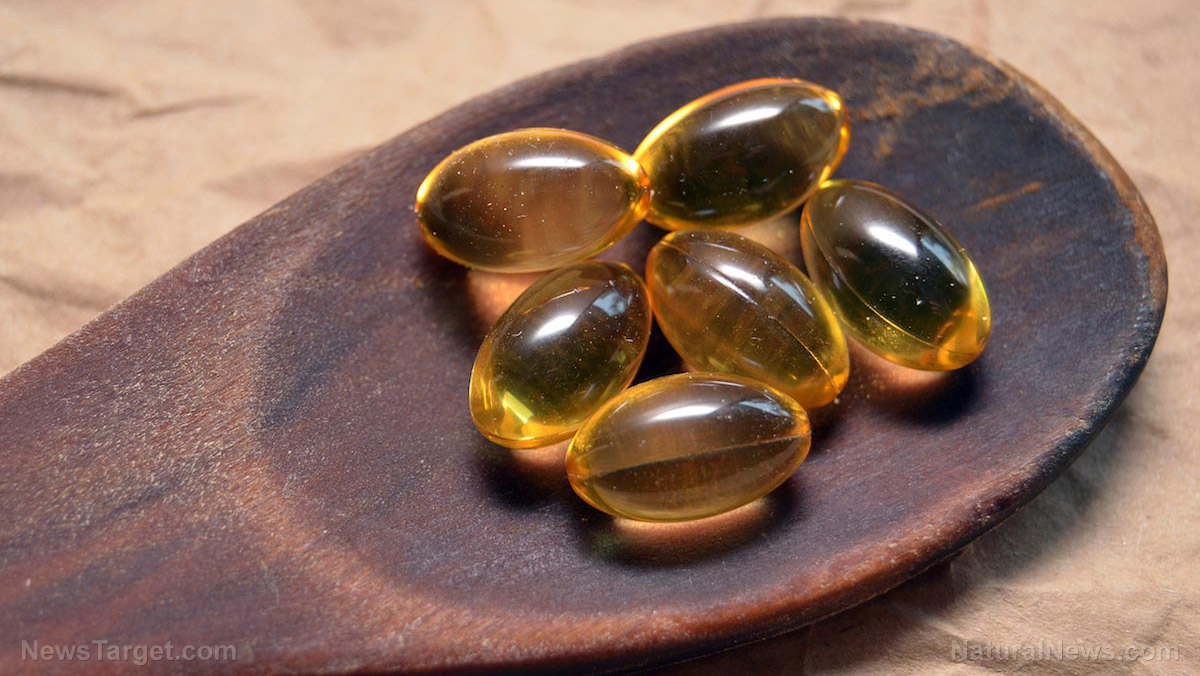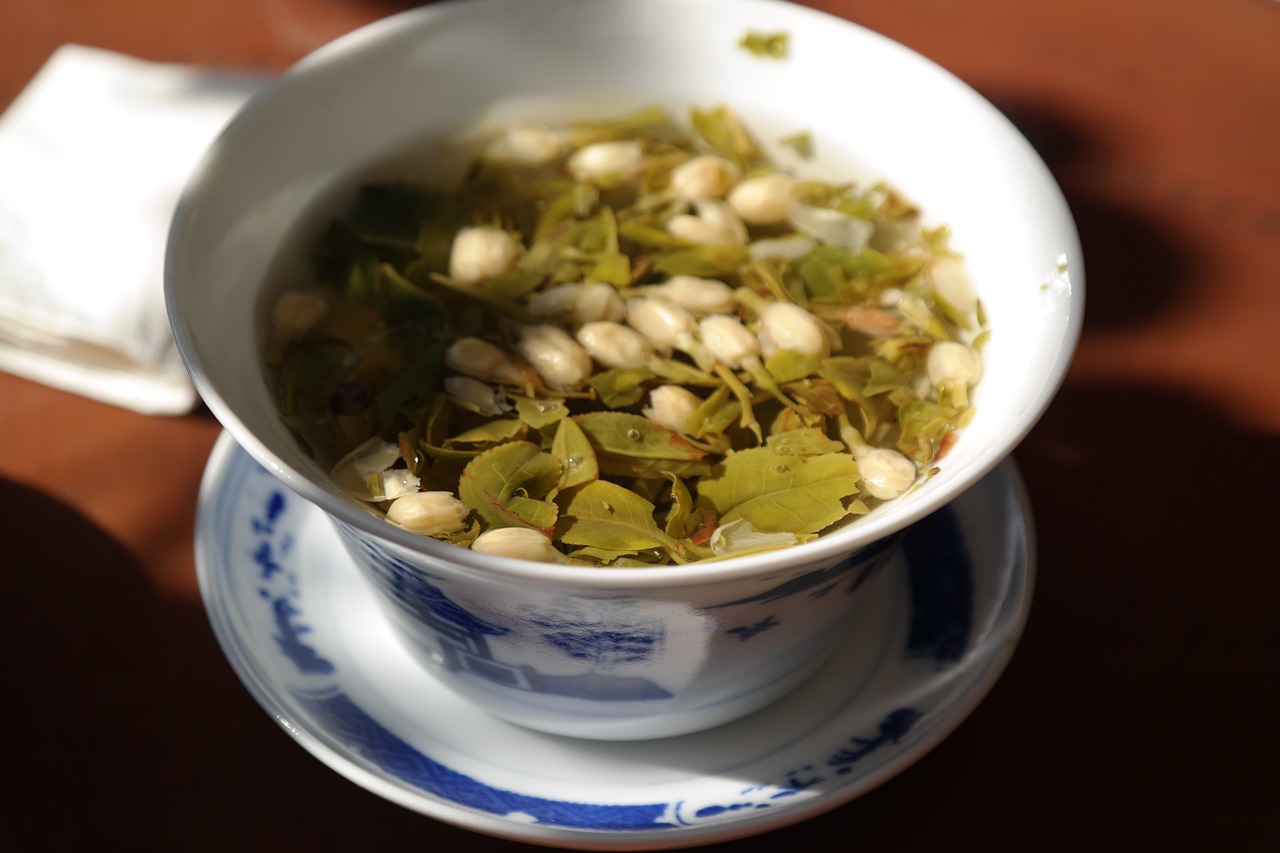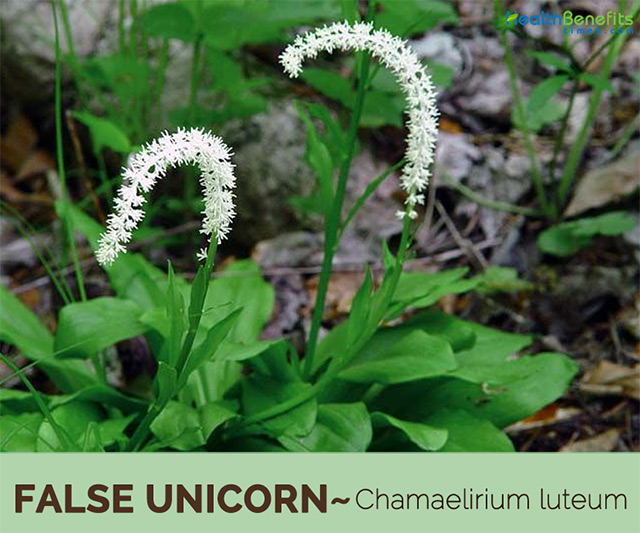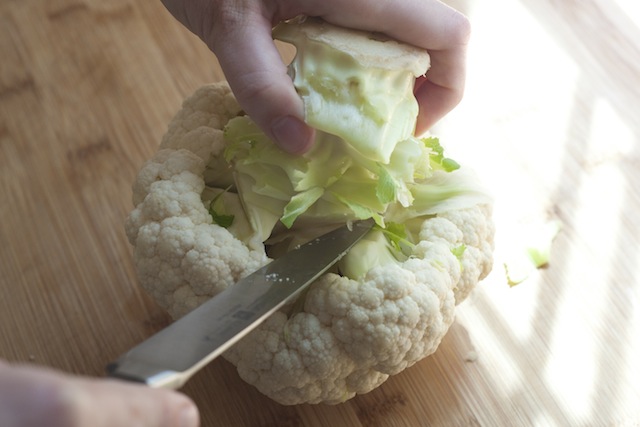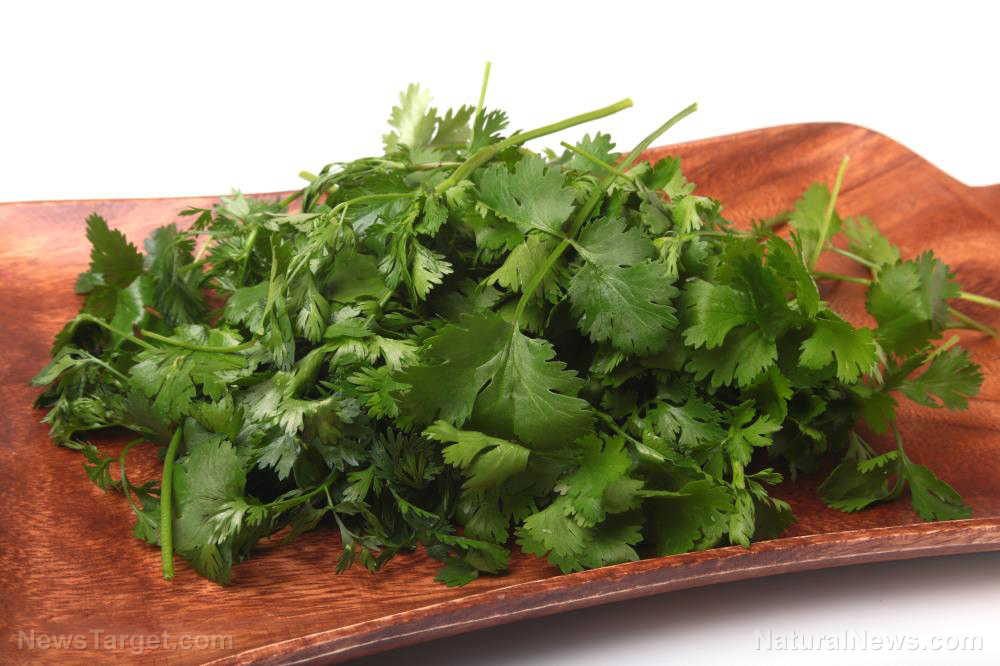Time for a second serving: Garlic and onions reduce the effects of a high-fat diet
09/02/2018 / By Tracey Watson
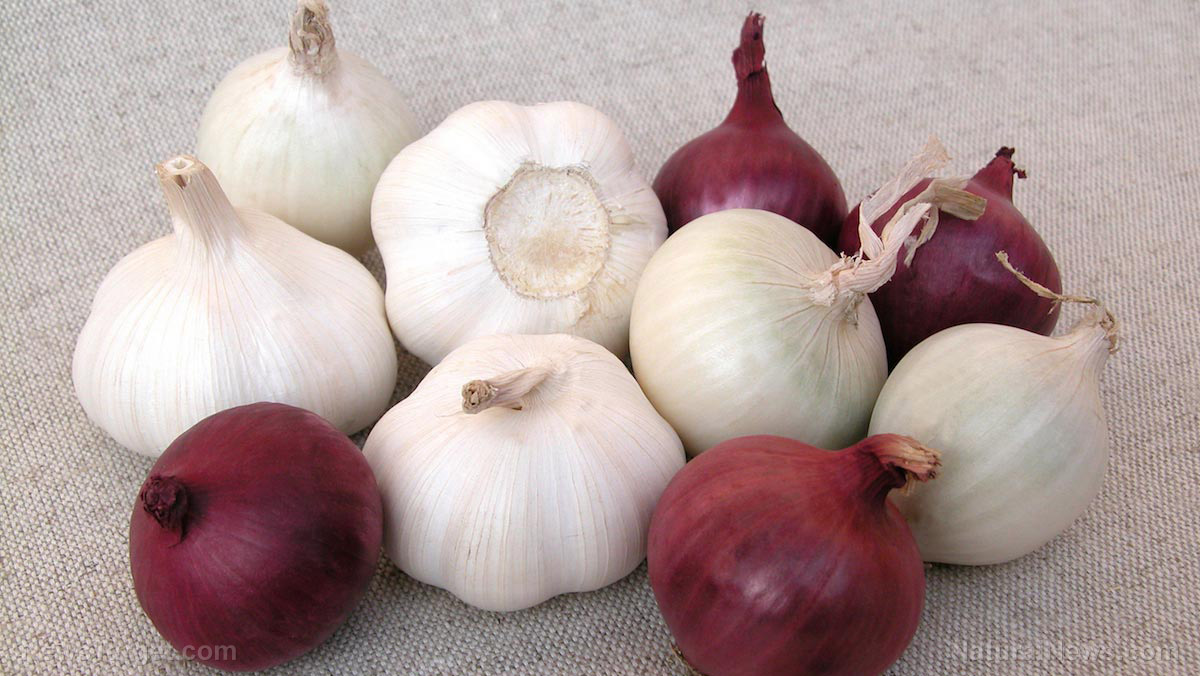
For thousands of years, cultures around the world have recognized and utilized the amazing healing benefits of garlic and onions. As far back as 1500 B.C., the Egyptians prescribed garlic to treat a multitude of ailments, including everything from abnormal growths and parasitic infections, to a general feeling of being mentally or physically unwell. The Assyrians used it as an antibiotic, and the Greeks ate it before competing in the Olympics to increase their strength. Even Hippocrates, the famous founder of modern medicine, recommended it for a variety of ailments.
Onions have a similarly long and illustrious medicinal history. The ancient Egyptians fed them to the workers who built the pyramids to increase their strength, and in India, onions were mentioned in a famous early medicine treatise called charaka Samhita, which dates back to 6 B.C.
Now, a study conducted by researchers from Nanjing, China, published in the journal Nutrition and Metabolism, has found that the oils in garlic and onions have anti-obesity properties that can counteract the effects of a high fat diet in rats – and therefore likely in humans – on body weight, serum lipid profiles and adipose tissue weight.
Less weight gain = better health
To extract the oils needed for the study, fresh garlic cloves and onion bulbs were chopped, soaked in distilled water, and then subjected to hydrodistillation in essential oil testing equipment for several hours. The essential oils obtained were then dehydrated and stored in the dark at room temperature. The researchers used 96 Sprague-Dawley rats, divided into eight groups, for the study:
According to the body weight and serum levels of triglycerides (TG) and total cholesterol (TC), ninety-six male rats were randomly allocated into eight groups, including the normal control group (NC); the hyperlipidemia model group given water (HFD-A); the hyperlipidemia model group given Tween 80 (HFD-B); the low, moderate and high dose garlic oil groups (GO-L, GO-M, and GO-H, treated with 11.6 mg/kg·bw/d, 46.3 mg/kg·bw/d, and 92.6 mg/kg·bw/d, respectively); and the low and high dose onion oil groups (OO-L and OO-H, treated with 46.3 mg/kg·bw/d and 92.6 mg/kg·bw/d, respectively). …
The results revealed that the body weight gains of the rats in the HFD groups were significantly higher than that in the NC group, and the weight gains in the garlic oil and onion oil groups were normalized to or lower than that in the NC group (Table 2). In particular, the epididymal fat pad weight, the perirenal fat pad weight, the ratio of adipose tissue weights to body weight, the ratio of liver weight to body weight and the Lee index were higher in the HFD-B group rats than in the NC group.
This is not the first study to confirm that onions can fight the effects of a high fat diet. A study published in the journal BMC Complementary and Alternative Medicine also found that the Welsh onion (Allium fistulosum) fights the adverse effects of such a diet.
In that study, researchers from the Korea Institute of Oriental Medicine examined the effects of ethanolic and aqueous extracts taken from Welsh onions on body weight and other obesity-related parameters on four groups of mice: a control group, a group on a high-fat diet (HFD), a group on an HFD who were given garcinia cambogia with aqueous Welsh onion extract, and another HFD group who were given the garcinia cambogia and ethanolic Welsh onion extract, over a six-week period.
The HFD groups being supplemented with the Welsh onion extract treatments experienced dramatically reduced body, fat and liver weight, as well as fat build-up compared to the mice on the high fat diet who were not given the supplements. (Related: Garlic is good for your health; it lowers your blood pressure.)
There are, therefore, plenty of reasons to add more onions and garlic to your family’s meals. Not only do they add delicious flavor to your food, but they can help offset the effects of a high fat diet, helping all in the family to maintain a healthy weight and prevent weight-related illnesses like Type 2 diabetes and heart disease.
Sources for this article include:
IOSRJournals.org[PDF]
Tagged Under: Ancient medicine, Cures, food is medicine, garlic, groceries, High Fat, high-fat diet, ingredients, natural medicine, natural remedies, obesity prevention, onions, plant medicine, prevent disease, slender

